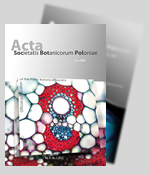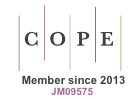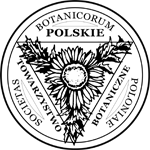Abstract
Triticale var. Lasko embryos, isolated from grain gathered at milk ripeness, the beginning of wax ripeness and at full ripeness, were allowed to germinate for 48 h on agar with glucose. The highest incorporation of tritiated adenosine into polyribosomal RNA during germination was found in the ribosome fractions from embryos of grain gathered at full ripeness, lower incorporation was in preparations from embryos of milk ripe grain and the lowest in preparations from embryos of wax ripe grain. Different tendencies were observed in respect to the synthesis of ribosomal proteins. The highest incorporation of 14C-amino acids into ribosomal proteins was found in preparations of ribosome fractions from embryos of milk ripe grain, lower in preparations of embryos from fully ripe grain, the lowest in preparations of embryos from wax ripe grain. ABA (10-4 M) completely inhibited the external symptoms of germination of immature embryos, while its inhibition of the synthesis of polyribosomal RNA and ribosomal proteins was greater the more mature the embryos that were germinated. The greatest stimulation of precocious germination by exogenous BA and GA3 was demonstrated in the least mature embryos isolated from milk ripe grain. Under the influence of both stimulators, an increase of the proportion of polyribosomes in the total ribosome fraction occurred in this sample, as did a rise in the intensity of ribosomal protein synthesis. The incorporation of 3H-adenosine into polyribosomal RNA, however, was lower than in the control sample. The results obtained suggest that the regulation of precocious germination of triticale embryos by phyto-hormones is not directly related to transcription.
Keywords
triticale embryos; precocious germination; dormancy; phytohormones







